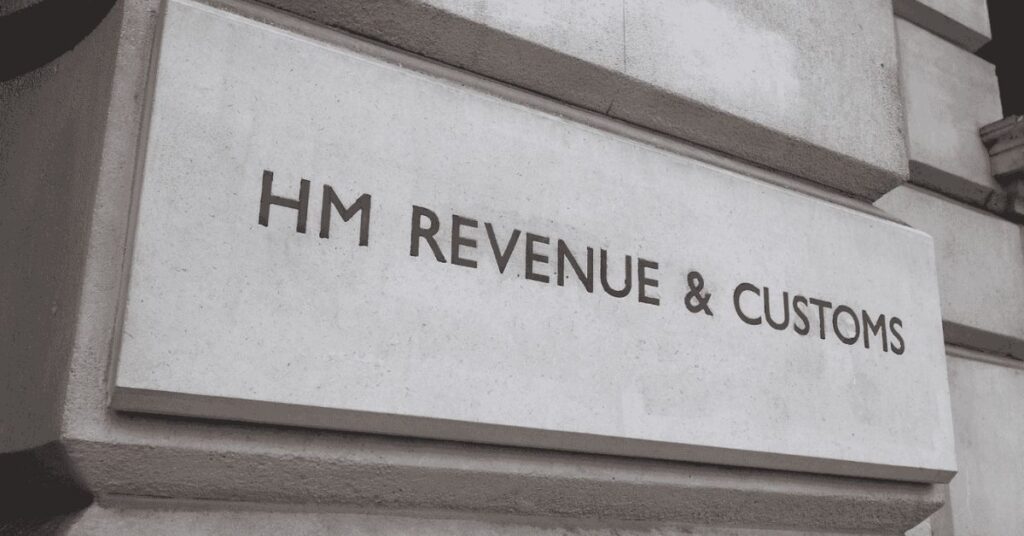How AML checks protect estate agents from fraud

In the UK real estate sector, the importance of Anti-Money Laundering (AML) checks cannot be overstated. These measures are the frontline defence against infiltrating illicit funds entering the legitimate property market, offering a crucial barrier against money laundering activities. Estate agents are pivotal in property transactions; however, they must navigate these regulations precisely, ensuring compliance while facilitating smooth client transactions.
What are AML checks for estate agents?
AML Checks are thorough vetting procedures that estate agents must perform to identify and mitigate money laundering risks. These checks are mandated under the Money Laundering Regulations 2017 and enforced by HMRC. They include verifying clients’ identities and sources of funds, both buyers and sellers, involved in property transactions.
Legal and regulatory framework
Specific regulations bind estate agents, who must register with HMRC for AML supervision. This includes adhering to the Anti-Money Laundering Regulations 2017, which dictate the standards for due diligence, record-keeping, and reporting suspicious activities.
Proving source of funds in the UK
A critical aspect of AML checks is demonstrating the legitimacy of the funds for property purchases. This often involves presenting bank statements, proof of earnings, or documentation related to the sale of assets. Solicitors verify these proofs during the property buying, ensuring all funds are legitimate and traceable.
Legal obligations and estate agency operations
Opening and operating an estate agency in the UK requires adherence to several legal obligations, including AML compliance. While a specific real estate license might not be necessary, registration for anti-money laundering supervision with HMRC is mandatory. Estate agencies must also ensure they and their staff are well-versed in AML procedures to avoid penalties and ensure the integrity of their transactions.
The essential AML procedures for customer onboarding
Biometric identity verification
Checkboard integrates biometric identity verification to streamline the process of confirming the authenticity of individuals involved in property transactions. By analysing official documents such as passports or driving licenses, Checkboard ensures that all parties are who they claim to be. It leverages advanced technology to compare biometric data like facial recognition with document photos for added security and compliance.
Source of funds verification
Checkboard’s source of funds verification process scrutinises the origins of money used in property purchases to ensure compliance with anti-money laundering regulations. It examines the legitimacy of funds, analysing bank statements and financial histories to trace the money back to lawful sources. This crucial step helps prevent the real estate market from being exploited for money laundering, ensuring secure and transparent transactions.
Proof of ownership
Checkboard aids sellers in providing indisputable evidence of property ownership, a critical requirement in property transactions. By facilitating access to title deeds or Land Registry records, Checkboard ensures that the seller has the legal right to sell the property. This process not only adds a layer of security for buyers but also streamlines the transaction process, making it faster and more efficient for all parties involved.

How does technology simplify AML compliance?
Technological advancements have introduced efficient tools to streamline AML checks, among which Checkboard’s offerings stand out; here at Checkboard, we’ve developed AML compliance technology for estate agents and conveyancers:
Checkboard Pay: An online and app payment processing software that integrates AML checks into transactions, ensuring secure and compliant financial operations.
Checkboard Verify: Specialised for AML, KYC (Know Your Customer), and ID checks, this tool simplifies the verification process, making it faster and more reliable for estate agents.
These tools save time and enhance accuracy, ensuring estate agents meet their legal obligations without compromising the client experience.
Why are AML checks important?
AML checks are more than just regulatory hurdles; they are vital components of the real estate transaction process, ensuring the market’s integrity and protecting against the risks associated with money laundering. Using tools like Checkboard Verify, estate agents can comply with these legal requirements more efficiently and contribute to a safer, more transparent property market.
The costs of non-compliance
In 2023/23, the UK government updated its guidance on anti-money laundering regulations for estate and letting agents – with a 49% increase, the average anti-money laundering fine grew to £5,350. This means it is integral to comply with government legislation to avoid nasty surprises by Verifying your customers before selling a home or letting one out.
In the UK, Estate and letting agents who receive rent payments equivalent to €10,000 per month or more for a single property will be subject to anti-money laundering legislation.
Since 10 January 2020, the Fifth Money Laundering Directive has been covered by The Money Laundering and Terrorist Financing (Amendment) Regulations 2019.
Why are AML checks key for estate agents?
Understanding and implementing AML checks is critical to UK estate agents‘ professional responsibilities. Advanced tools like Checkboard Pay and Checkboard Verify help meet these obligations more effectively, allowing agents to focus on providing the best possible service to their clients while ensuring the integrity of the real estate market and their brand against money laundering activities.
Want to make AML checks central to your compliant efforts? Get in touch with Checkboard and book a demo.


